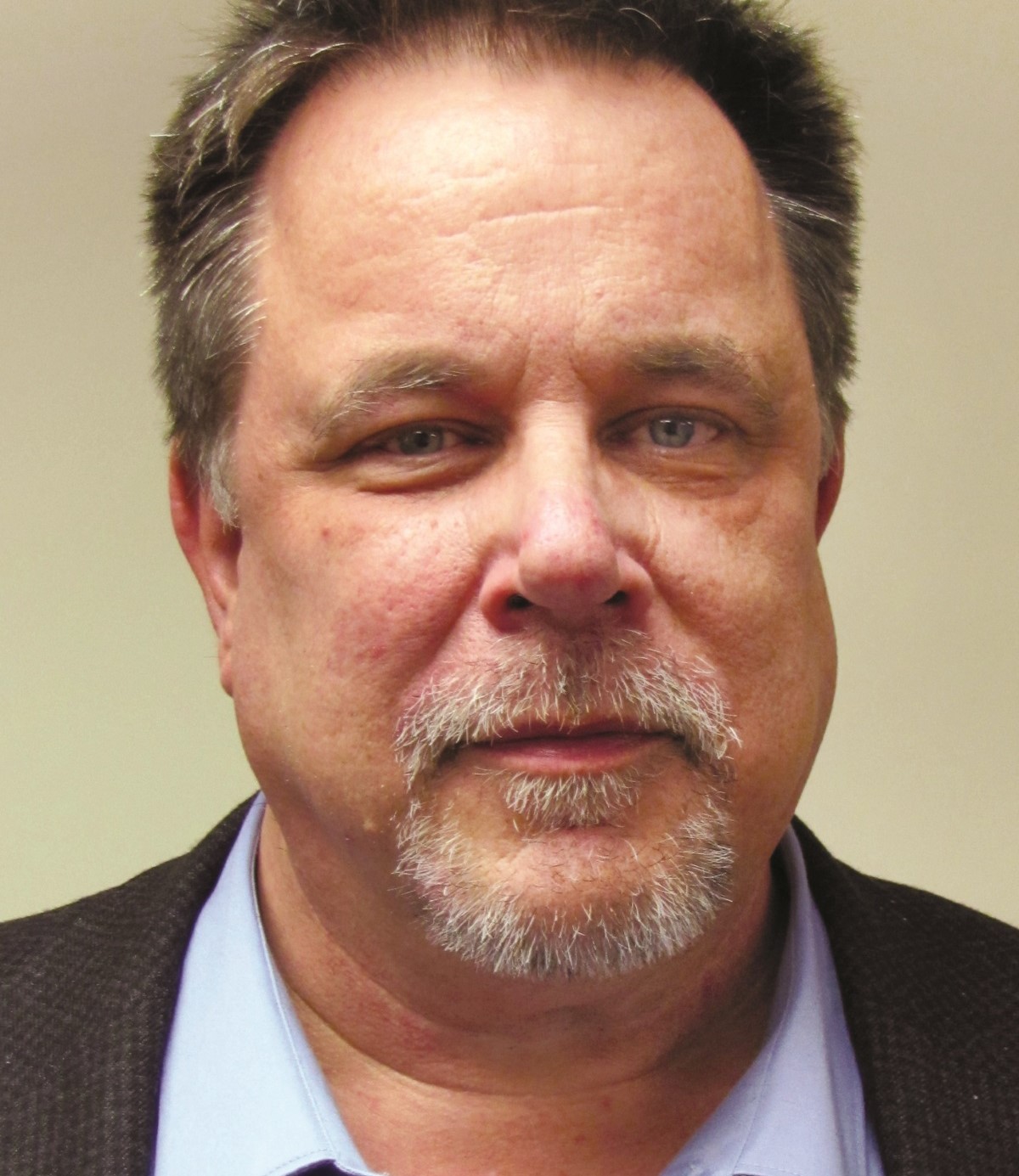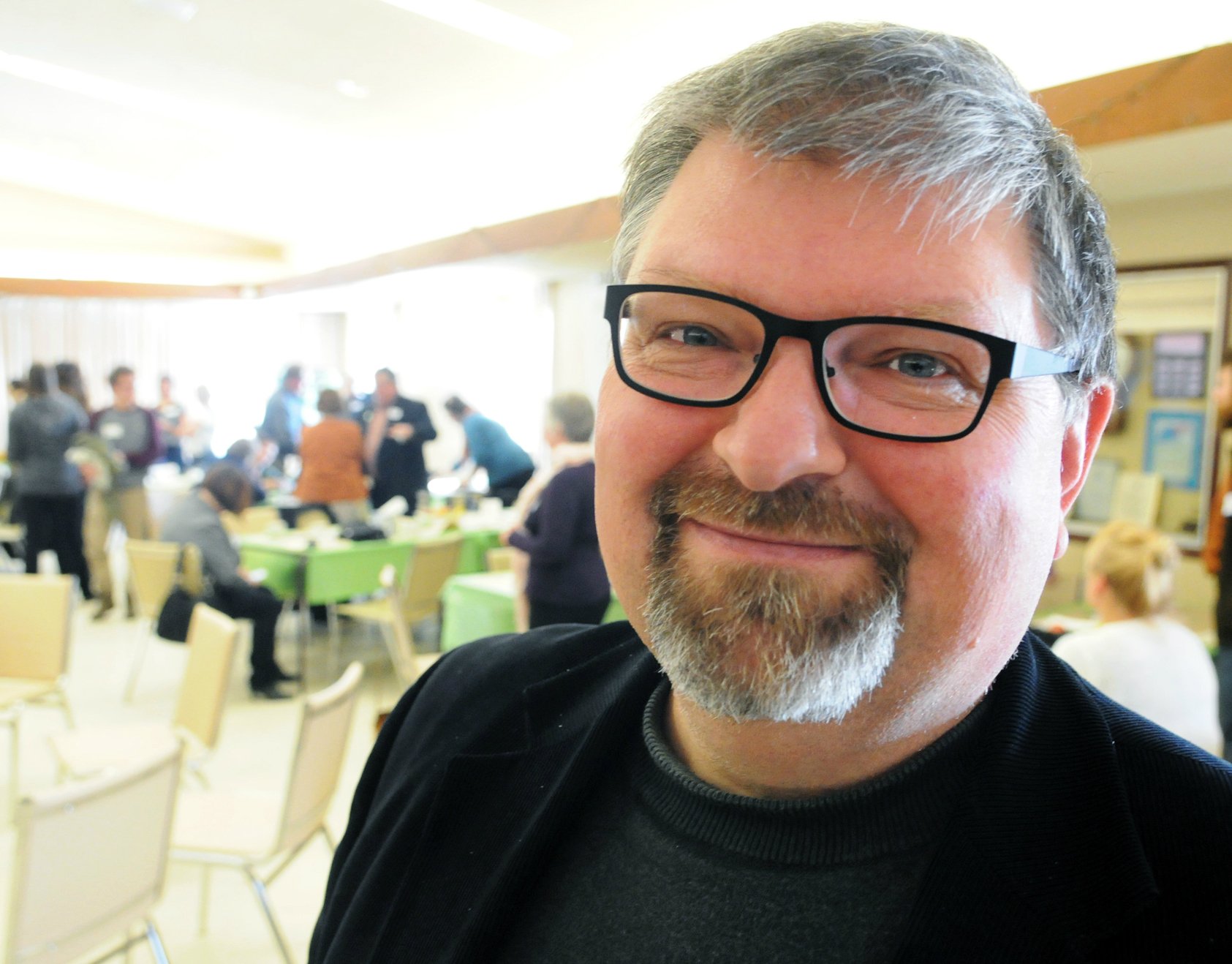I never understood “don’t shoot the messenger” as the stereotypical retort the messenger must use to defend her delivery of a message. Maybe we need a new cultural utterance like “You know how the messenger shoots those who don’t listen.”
Sometimes the message is actually a question, albeit unsettling in that the inquiry is unanticipated or more often, unwanted. We tend to prefer questions we can answer from our current inventory of answers. It allows us comfort and stability.
Even when we craft something new or design an innovation, all too often we end up creating newly painted replicas of what we say we are changing.
Nevertheless, the human condition is not a singular reality. It is rife with influences and contradictions and the unexpected. This is why our affinity for comfort often rules the day. Truly changing what we do invariable means changing how we think and how we behave.

Remember that old story about the frog and the boiling pot of water. If you throw the frog in he will jump out, but if you put the frog in cold water and then turn on the flame, he won’t realize his fate until it is too late. To maintain our stasis, our comfort, we have the ability to adjust our comfort zone to small changes, but if we wait too long, we may face a challenge we can no longer meet.
In that story, we are the frog and the water is the environment we have created and that, if we are honest, we want to simultaneously change and sustain. Change is good until it enters our room, enters our space and says, “Your turn.”
There are thousands of people devoted to ending poverty and homelessness. As much as has been accomplished, each day more people show up in need of -- and deserving of -- a better life than they are living.
Too many people live in poverty. And there are many more living pay day to pay day, existing on the edges of poverty and homelessness. Living on the edge of disaster and the spiral down to despair that tends to grab hold of the vulnerable.

Too many jobs are insecure, pay less than a person requires to live on, and offer no benefits, nothing for the health and wellness of their employees. I know. Some businesses can’t afford benefits or living wages, but there are many who can afford it, but choose not to.
There are so many social programs in our communities taking care of poverty for the rest of us. They feed the hungry, give away clothes, and let the homeless hangout in drop in centres. We need them. There are so many people who need these programs. It’s sad, don’t you think?
It makes me mad sometimes.
Not just about all the bad things we have done in the past to the disenfranchised. But also about right now and how we – I mean all of us – choose to not do enough to end the suffering.
I am not saying we don’t do a lot. I am saying we don’t do enough. You see, the problem looms so much larger than our current efforts can address. This vast divide between problems and their solutions is not going to be addressed by funding reform, logic models, more collaborations, or even world class innovations.
Collective Impact initiatives (i.e. large scale community collaborations) may have promise, but not if we bring the same old mindset to the common table.
I believe we have to turn the tables when it comes to addressing the deprivation and suffering experienced by so many people in our communities. We tend to refer to such things as “social problems” and then we use terms like that so frequently, they become generic representations of something vague and elusive. Now what exactly what was it anyway we were trying to fix?
People are suffering.
They are next door, around the block, standing behind you at the pharmacy. They go to school with your kids. They wear the clothes you gave away. They are co-workers. They sit on park benches. Everywhere.
People are suffering, everywhere.
I know it sounds melodramatic to use words like “suffering.” We prefer words that are not so provocative, and of course easier to accept. It’s much easier to talk about issues and problems and gather around terms like “social inclusion," "best practice," and "developmental evaluation."
People are suffering.
The hungry girl in school trying to stay awake is suffering.
The old man having delusions on the street corner is suffering.
The mother with two young children beaten by her husband is suffering.
Being unable to buy your child medications causes suffering.
The drunk man begging for quarters outside the 7-11 is suffering.
The teen-age girl raped by her father is suffering.
Those who live daily with racism and discrimination are suffering.
This is not just about poverty as defined as a lack of money or as a social problem costing society billions of dollars. It’s not just that the homeless guy flying on crack is a pain when he swears a blue streak at us as we walk by. It’s not just about the unpleasant aesthetics of ragged clothes, grocery carts full of cans and bottles, and vomit in the middle of the sidewalk.
It’s about human beings being deprived of their humanity.
And that’s wrong.
It’s wrong that so many people in our community are suffering.
It's not just wrong for them; it is wrong for all of us.
Before we label all of this as a complex social problem, let’s start with it’s wrong.
It’s wrong.
And we are all a part of why it’s wrong.
Until we accept that, all of our plans and programs, all of our collaborative designs, all of our policy reforms, all of our actions, no matter how deeply we believe in them, will keep us from fixing what is wrong.





